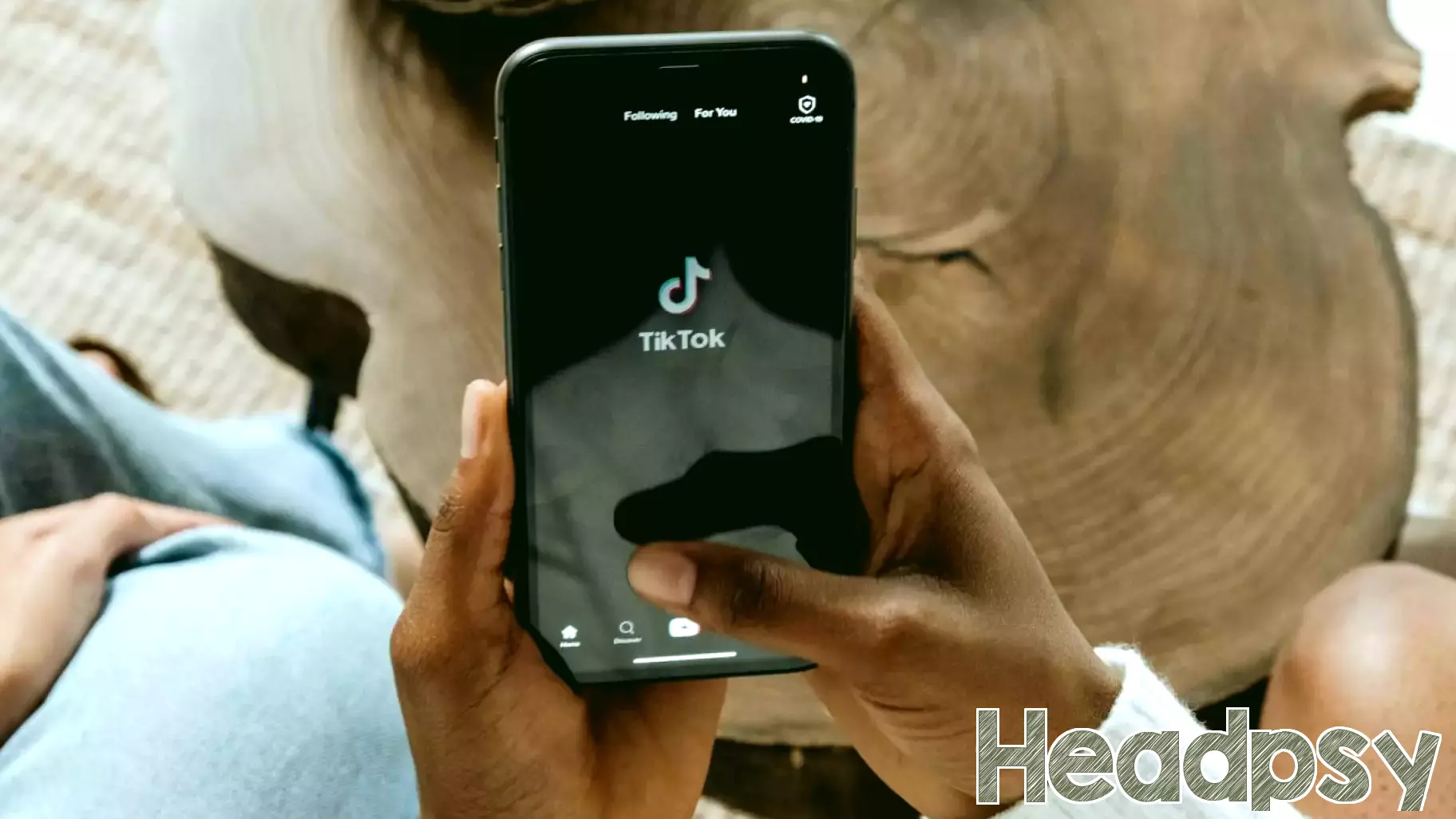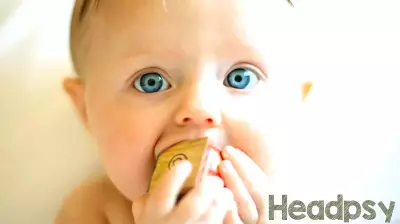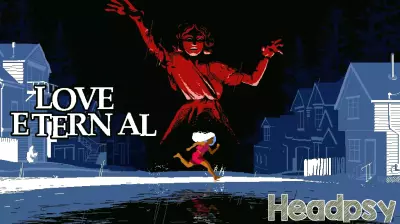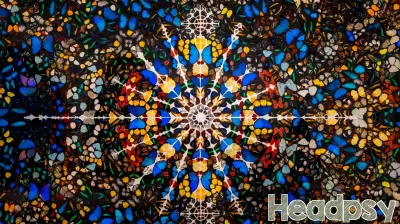TikTok as a Mental Health Resource: The Risks of Viral Trends
March 13, 2025 - 01:33

TikTok has emerged as a popular platform for Gen Z, often serving as an informal mental health resource. Many users turn to the app for advice and coping strategies, creating a unique space where mental health discussions thrive. However, when viral trends take precedence over professional diagnosis, the potential for harm increases significantly.
The ease of access to mental health content on TikTok can lead to misinformation. Users may encounter unverified advice or self-diagnosis trends that lack scientific backing. This can result in individuals misinterpreting their symptoms or overlooking serious conditions that require professional intervention.
Experts warn that while community support can be beneficial, it should not replace traditional therapy or medical advice. The blend of entertainment and mental health on social media platforms highlights the need for critical thinking and discernment when consuming such content. As the line between genuine support and harmful misinformation blurs, it becomes essential for users to seek qualified professionals for their mental health needs.
MORE NEWS

February 21, 2026 - 01:50
Why Babies Are CuteHave you ever wondered why a baby`s face seems to command your attention and care? The answer lies in a powerful evolutionary design. Specific features like large eyes, round cheeks, and a small...

February 20, 2026 - 13:07
Love Eternal’s Uncanny Mix of Precision Platformers and Psychological HorrorThe indie gaming scene continually pushes boundaries, and the upcoming title Love Eternal is a striking example. It fuses the demanding skill ceiling of a precision platformer with the unsettling...

February 19, 2026 - 20:44
Hyperphantasia: When Imagination Is as Vivid as Real LifeFor most, imagination is a gentle whisper of images and ideas. For those with hyperphantasia, it is a roaring, full-sensory experience. This condition represents the extreme upper end of the...

February 19, 2026 - 03:54
What Happens Inside Prof. Frances Frei’s Office HoursWhat happens when leaders drop the performance and bring their real problems? A weekly ritual in trust, candor, and disciplined thinking offers an answer. For years, Professor Frances Frei has...